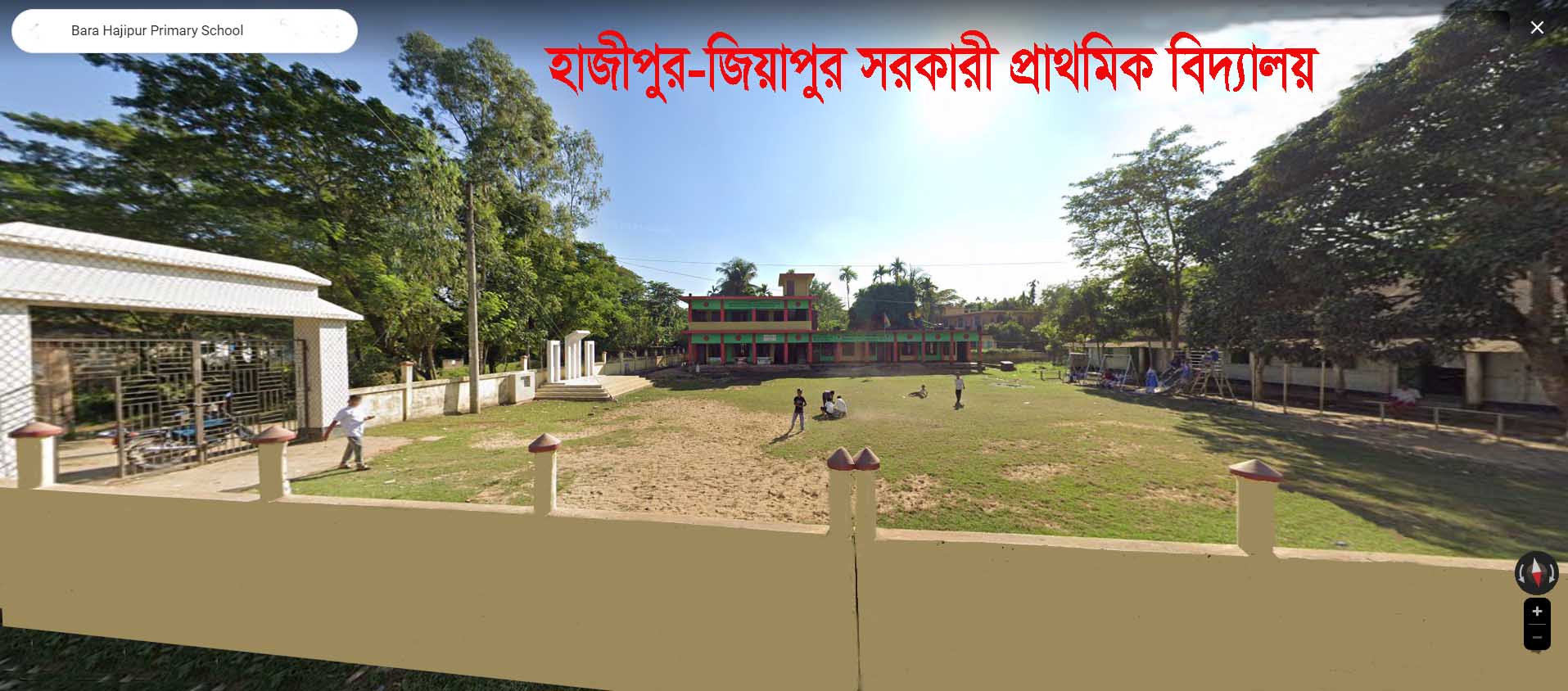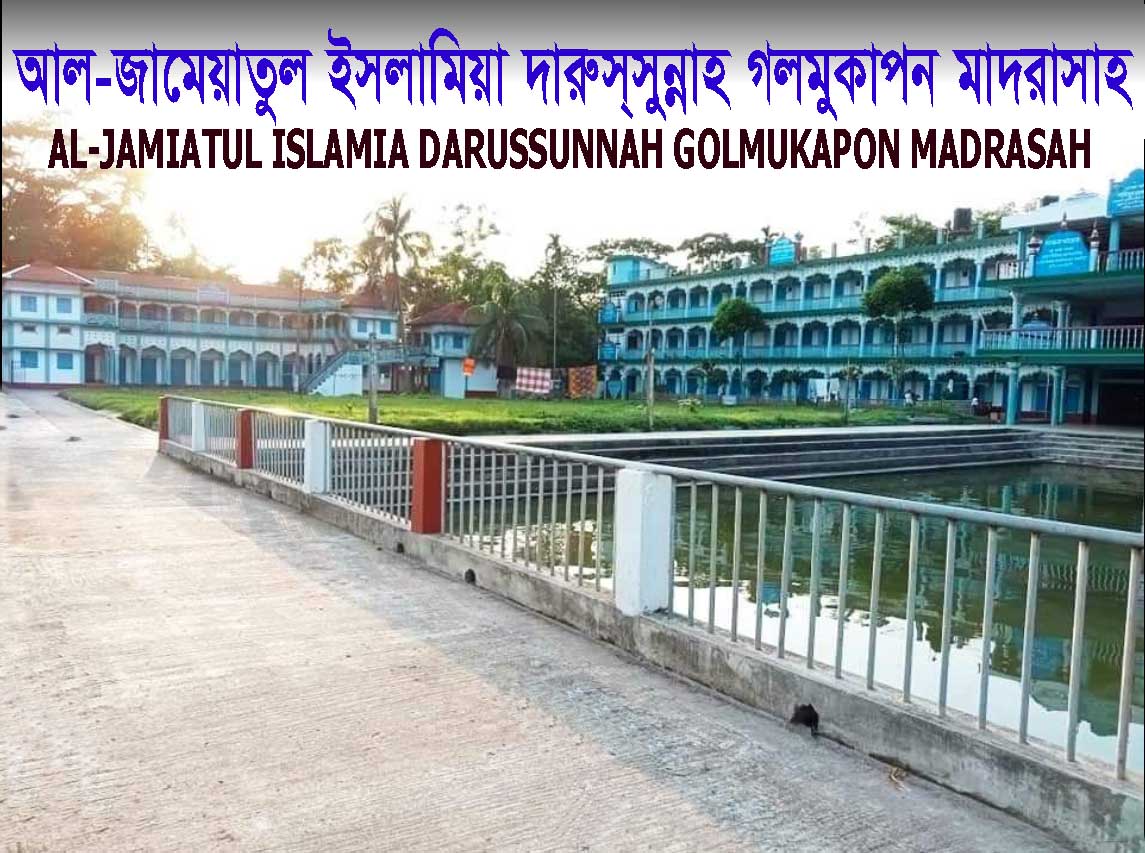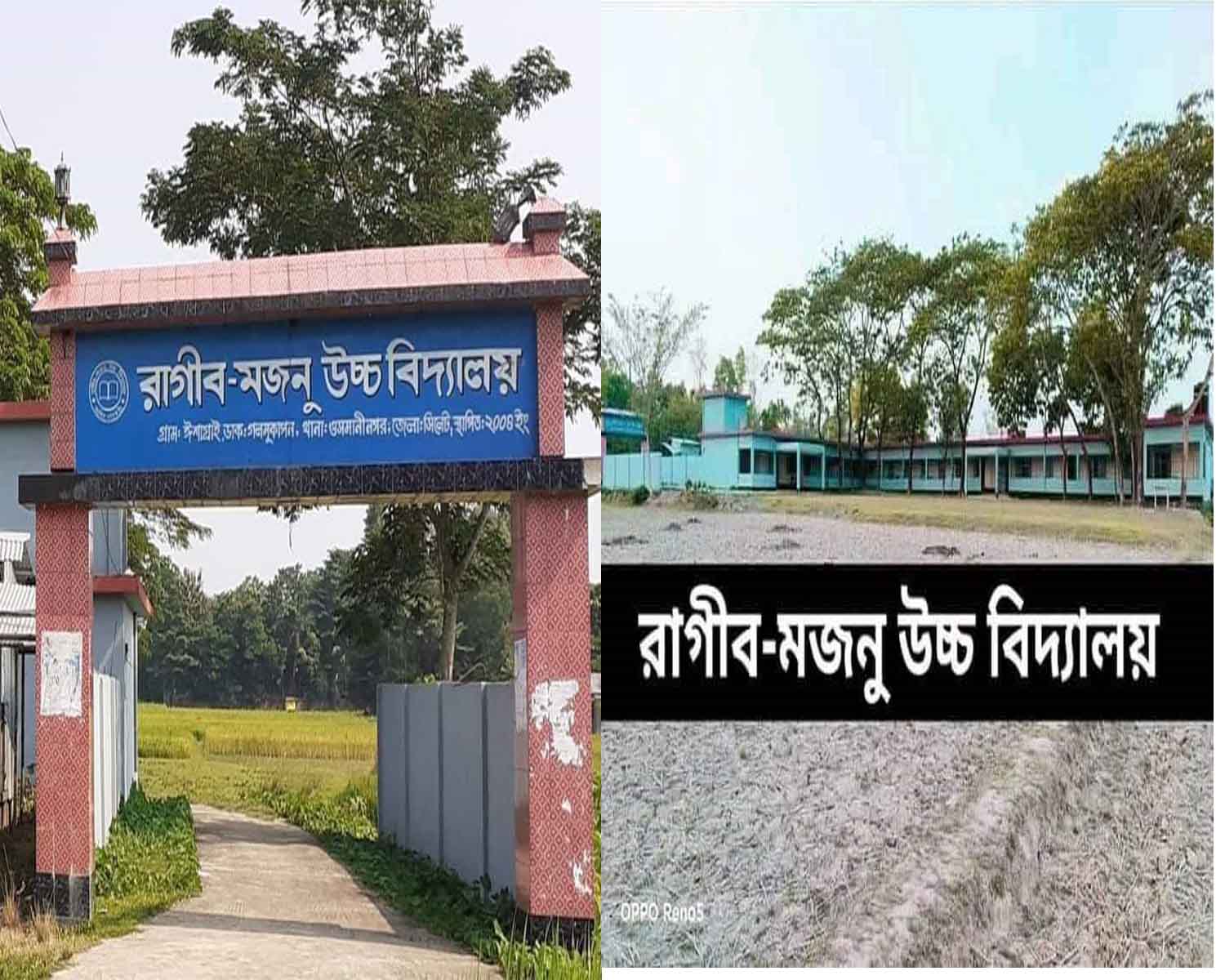- উত্তরাধিকারী সনদ
-
ইউনিয়ন সম্পর্কিত
ইউনিয়ন পরিচিতি
ভৌগলিক ও অর্থনৈতিক
-
ইউনিয়ন পরিষদ
ইউনিয়ন পরিষদ
ইউনিয়ন পরিষদের কার্যক্রম
গুরুত্বপূর্ণ তথ্য
-
সরকারী অফিস
স্বাস্থ্য সেবা
সমাজসেবা
-
অন্যান্য প্রতিষ্ঠান
শিক্ষা প্রতিষ্ঠানের তালিকা
-
বিভিন্ন তালিকা
সুবিধাভোগীদের তালিকা
-
সেবাসমূহ
রেজিষ্টার সমূহ
জেলা ই-সেবা কেন্দ্র
জাতীয় ই-সেবা
-
ফটোগ্যালারী
- জাতীয় সংগীত
-
ভিডিও গ্যালারী
- বিভিন্ন সনদপত্র ও প্রত্যয়নপত্র
-
উত্তরাধিকারী সনদ
১ নং ওয়ার্ড, বল্লভপুর
৪ নং ওয়ার্ড, গলমুকাপন
-
ইউনিয়ন সম্পর্কিত
ইউনিয়ন পরিচিতি
ভৌগলিক ও অর্থনৈতিক
-
ইউনিয়ন পরিষদ
ইউনিয়ন পরিষদ
ইউনিয়ন পরিষদের কার্যক্রম
গুরুত্বপূর্ণ তথ্য
-
সরকারী অফিস
স্বাস্থ্য সেবা
সমাজসেবা
-
অন্যান্য প্রতিষ্ঠান
শিক্ষা প্রতিষ্ঠানের তালিকা
-
বিভিন্ন তালিকা
সুবিধাভোগীদের তালিকা
-
সেবাসমূহ
রেজিষ্টার সমূহ
জেলা ই-সেবা কেন্দ্র
জাতীয় ই-সেবা
-
ফটোগ্যালারী
-
জাতীয় সংগীত
জাতীয় সংগীত (বাংলা)
জাতীয় সংগীত (অডিও)
-
ভিডিও গ্যালারী
-
বিভিন্ন সনদপত্র ও প্রত্যয়নপত্র
নাগরিক সনদপত্র
ট্রেড লাইসেন্স
মৃত্যূ নিবন্ধন
বাংলাদেশের জাতীয় সংগীত
----------------------------------------------------------------------------------------------------------------------------------------------------------
পটভুমি
১৯০৬ সালে রবীন্দ্রনাথ ঠাকুর কর্তৃক রচিত ‘আমার সোনার বাংলা’ শীর্ষক সঙ্গীতটি গণপ্রজাতন্ত্রী বাংলাদেশের জাতীয় সঙ্গীত হিসেবে গৃহীত হয়। এই সঙ্গীত বিশ শতকের প্রথম দুই দশকে স্বদেশী আন্দোলনের সময় অত্যন্ত জনপ্রিয় ছিল। বঙ্গভঙ্গ (১৯০৫) বিরোধী রাজনীতিক, স্বদেশী কর্মী ও বিপ্লবীরা বাঙালি জনগণকে দেশপ্রেমে উদ্বুদ্ধ করার মাধ্যম হিসেবে এ গান প্রচার করেন। কিন্তু বিশ শতকের বিশের দশকে আঞ্চলিক জাতীয়তাবাদ স্তিমিত হয়ে পড়লে এই গানের প্রচলন কমে যায়। ১৯৭১ সালে মুক্তিযুদ্ধের প্রাক্কালে গানটির পুনরুজ্জীবন ঘটে। ১৯৭১ সালের ৩ জানুয়ারি ঢাকার পল্টন ময়দানে ছাত্রলীগ ও শ্রমিক লীগ আয়োজিত এক জনসভায় গানটি গীত হয়। ঢাকার রেসকোর্স ময়দানে (বর্তমান সোহরাওয়ার্দী উদ্যান) বঙ্গবন্ধু শেখ মুজিবুর রহমানের ঐতিহাসিক সাতই মার্চের ভাষণের প্রাক্কালে গানটি গাওয়া হয়েছিল। ২৩ মার্চ স্বাধীন বাংলা কেন্দ্রিয় ছাত্র সংগ্রাম পরিষদের আনুষ্ঠানিক স্বাধীনতা প্যারেডেও গানটি গীত হয়।
মুজিবনগরে বাংলাদেশের প্রবাসী সরকার এই গানকে বাংলাদেশের জাতীয় সঙ্গীত হিসেবে স্বীকৃতি দেয় এবং মুক্তিযুদ্ধ চলাকালে গানটি স্বাধীন বাংলা বেতার কেন্দ্র থেকে নিয়মিত পরিবেশিত হতো। স্বাধীনতার পর সাংবিধানিকভাবে (অনুচ্ছেদ ৪.১) ‘আমার সোনার বাংলা’ গণপ্রজাতন্ত্রী বাংলাদেশের জাতীয় সঙ্গীত রূপে ঘোষিত হয়। গানের প্রথম ১০ ছত্র কণ্ঠসঙ্গীত এবং প্রথম ৪ ছত্র যন্ত্রসঙ্গীত হিসেবে পরিবেশনের বিধান রাখা হয়েছে।
|
বাংলাদেশের জাতীয় সংগীত
|
|
আমার সোনার বাংলা, আমি তোমায় ভালোবাসি।
|
National Anthem of Bangladesh
Grounding
'Amar Sonar Bangla' composed by Rabindranath Tagore in 1906 was adopted as the national anthem of the People's Republic of Bangladesh. This music was extremely popular during the swadeshi movement in the first two decades of the 20th century. Politicians, Swadeshi activists and revolutionaries against the Partition of Bengal (1905) preached this song as a means to inspire the Bengali people to patriotism. But as regional nationalism subsided in the 1920s, the song's popularity declined. The revival of the song took place on the eve of the Liberation War in 1971. On January 3, 1971, the song was sung at a public meeting organized by Chhatra League and Sramik League at Dhaka's Paltan Maidan. The song was sung on the eve of Bangabandhu Sheikh Mujibur Rahman's historic Seventh March speech at Dhaka's Race Course Maidan (now Suhrawardy Udyan). The song was also sung at the official independence parade of Swadhin Bangla Central Chhatra Sangam Parishad on March 23.
The expatriate government of Bangladesh in Mujibnagar recognized this song as the national anthem of Bangladesh and during the liberation war the song was regularly played by Swadhin Bangla Betar Kendra. After independence, constitutionally (Article 4.1) 'Amar Sonar Bangla' was declared as the national anthem of the People's Republic of Bangladesh. The first 10 chapters of the song are provided as vocal music and the first 4 chapters as instrumental music.
|
National Anthem of Bangladesh
|
|
Amar shonar Bangla, ami tomay bhalobashi. |
পরিকল্পনা ও বাস্তবায়নে: মন্ত্রিপরিষদ বিভাগ, এটুআই, বিসিসি, ডিওআইসিটি ও বেসিস











